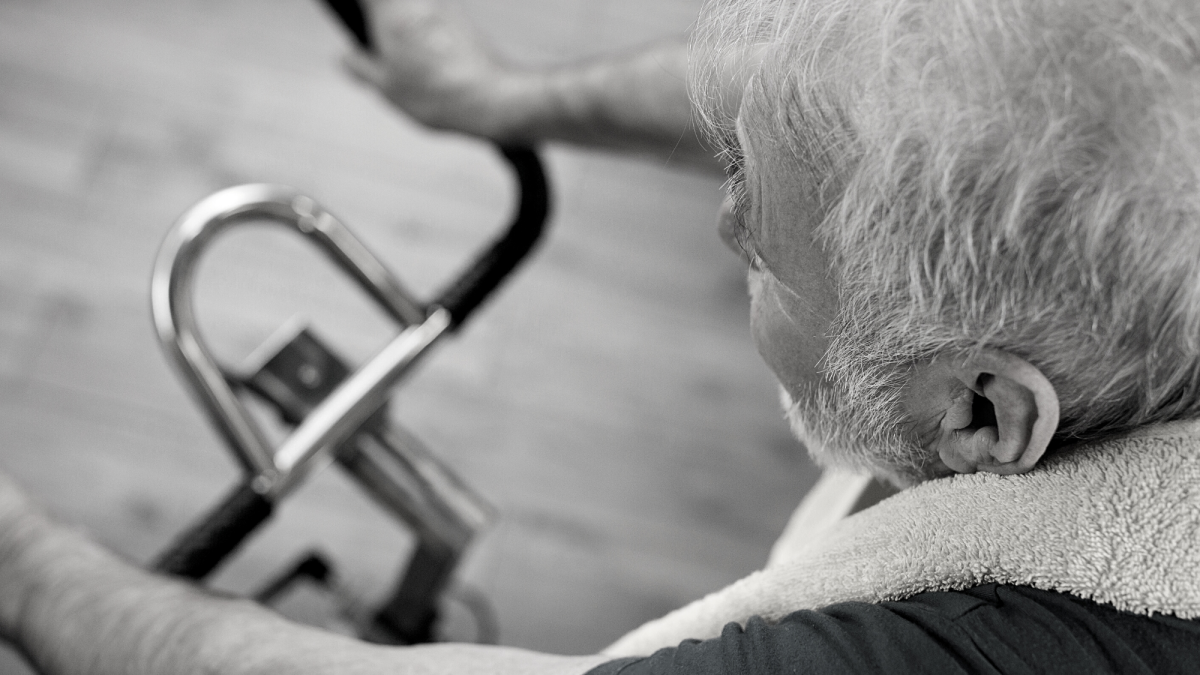New research finds exercise may help slow memory loss for people living with Alzheimer's

The study's results support the clinical relevance of promoting aerobic exercise in individuals with Alzheimer’s dementia.
Promising new research shows aerobic exercise may help slow memory loss for older adults living with Alzheimer’s dementia.
Arizona State University Edson College of Nursing and Health Innovation Professor Fang Yu led a randomized-control pilot trial that included 96 older adults living with mild to moderate Alzheimer’s dementia.
Participants were randomized to either a cycling (stationary bike) or stretching intervention for six months. Using the Alzheimer’s Disease Assessment Scale-Cognition (ADAS-Cog) to assess cognition, the results of the trial were substantial.
The six-month change in ADAS-Cog was 1.0±4.6 (cycling) and 0.1±4.1 (stretching), which were both significantly less than the expected 3.2±6.3-point increase observed naturally with disease progression.
“Our primary finding indicates that a six-month aerobic exercise intervention significantly reduced cognitive decline in comparison to the natural course of changes for Alzheimer’s dementia,” Yu said.
However, they did not find a superior effect of aerobic exercise to stretching, which is likely due to the pilot nature of the trial.
“We don’t have the statistical power to detect between-group differences; there was substantial social interaction effect in the stretching group, and many stretching participants did aerobic exercise on their own,” Yu said.
The findings are described in a recently published article, "Cognitive Effects of Aerobic Exercise in Alzheimer’s Disease: A Pilot Randomized Controlled Trial," in the Journal of Alzheimer's Disease.
The pilot trial results are encouraging and support the clinical relevance of promoting aerobic exercise in individuals with Alzheimer’s dementia to maintain cognition. And, Yu points out that there are additional benefits to this type of exercise within this population.
“Aerobic exercise has a low profile of adverse events in older adults with Alzheimer’s dementia as demonstrated by our trial. Regardless of its effect on cognition, the current collective evidence on its benefits supports the use of aerobic exercise as an additional therapy for Alzheimer’s disease.”
More Health and medicine
Is ‘U-shaped happiness’ universal?
A theory that’s been around for more than a decade describes a person’s subjective well-being — or “happiness” — as having a U-…
College of Health Solutions medical nutrition student aims to give back to her Navajo community
As Miss Navajo Nation, Amy N. Begaye worked to improve lives in her community by raising awareness about STEM education and…

Linguistics work could improve doctor-patient communications in Philippines, beyond
When Peter Torres traveled to Mapúa University in the Philippines over the summer, he was shocked to see a billboard promoting…